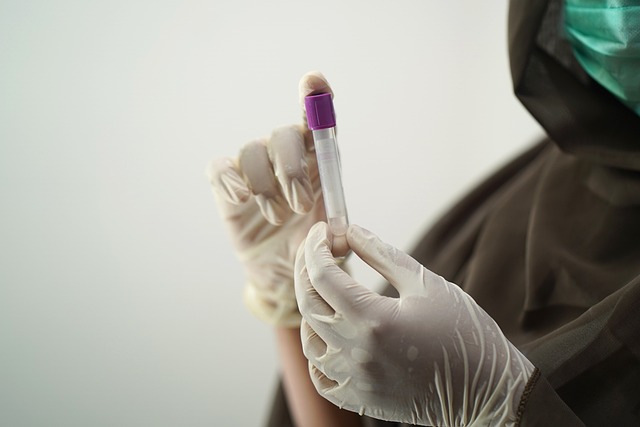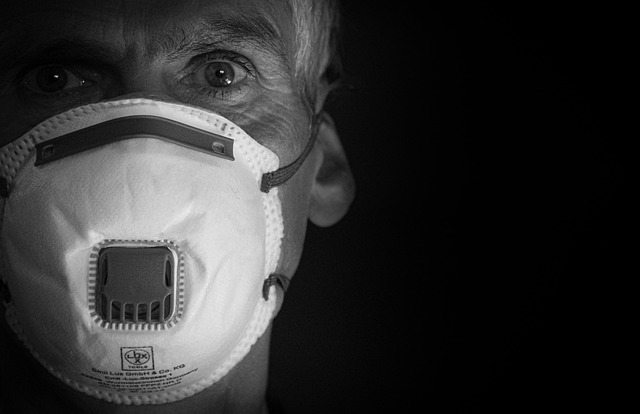Innovations in Health Sensors: The Future of Diagnostic Analyzers
In a world where technology continues to rapidly evolve, the healthcare industry stands at the forefront of this transformation. Among the most significant advancements are health sensors, particularly diagnostic analyzers, which enhance patient care and streamline medical processes. These innovations not only improve diagnostic accuracy but also foster a proactive approach to health management, allowing individuals to take charge of their well-being.
Technological Innovations
Recent developments in sensor technology have introduced advanced capabilities that were once considered science fiction. Today’s diagnostic analyzers utilize cutting-edge microelectronics and artificial intelligence to detect diseases at earlier stages than ever before. For instance, wearables equipped with biosensors can continuously monitor vital signs such as heart rate, blood pressure, and oxygen saturation, sending real-time data to healthcare providers. This shift towards continuous monitoring enables clinicians to make informed decisions quickly, ensuring timely interventions for patients.
Furthermore, the integration of machine learning algorithms within these devices allows for personalized healthcare solutions. By analyzing vast amounts of data, diagnostic analyzers can identify patterns and predict potential health issues specific to an individual. As a result, patients are not mere recipients of healthcare; they become proactive participants in their health journey, empowered by insights derived from their own data.
Health Innovations
The impact of these innovations extends beyond mere diagnostics. With the advent of portable diagnostic analyzers, healthcare delivery can now occur outside traditional settings. Imagine patients receiving lab-quality testing results at home or in remote areas, where access to healthcare facilities is limited. These portable devices break down geographical barriers, allowing for immediate medical responses and improved health outcomes.
Moreover, the COVID-19 pandemic has further accelerated the deployment of innovative health sensors. Rapid testing devices for viral detection have sprung up, showcasing how quickly technology can adapt to urgent global health demands. Such innovations not only address immediate needs but also pave the way for a future where healthcare is more resilient and adaptable to crises.
As we look to the future, it’s evident that the landscape of healthcare will be forever altered by innovations in diagnostic analyzers. The convergence of technology and health has opened up infinite possibilities, ultimately leading to a healthier society where management of chronic conditions and acute infections alike becomes more efficient and accessible. The revolution in health sensors promises not just to diagnose but to transform the experience of healthcare for all, establishing a new paradigm of patient-centered care.




